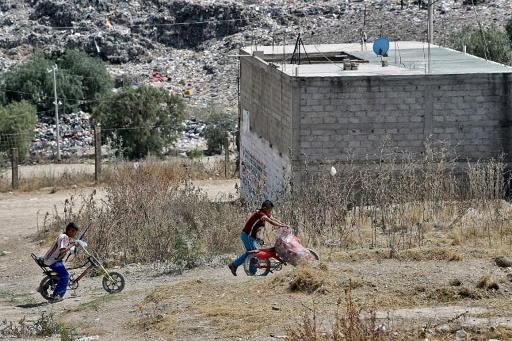The situation for children globally has dramatically deteriorated since the start of the coronavirus crisis last March, resulting in a "new, degraded and devastating" reality, Unicef announced on Thursday, based on data it has gathered.
The United Nations agency responsible for providing humanitarian and developmental aid to children argued that children will suffer the consequences of this pandemic for many years to come.
"The number of children who are hungry, isolated, abused, anxious, living in poverty or forced into marriage has increased,” said Henrietta Fore, Executive Director of UNICEF.
“Meanwhile, their access to education, socialisation opportunities, and essential services such as health, nutrition, and protection has decreased," she added.
Related News
- Non-native parents to receive better language support in Dutch-speaking schools
- Young people’s mental well-being suffered most during crisis, GEMS report shows
Unicef’s data shows that child poverty in developing countries is expected to increase by about 15%, whilst around 140 million more children will be living below the poverty line in these countries.
The number of children under the age of five suffering from acute malnutrition had risen by 14% to nearly 54 million since November last year.
Additionally, it emphasised that for over 168 million children across the globe, schools have been closed for almost a year, and at least one in three pupils did not have access to distance learning when their school was closed.
"Children should be put at the front of the recovery: this means prioritising schools in re-opening plans, providing social protection - including cash transfers - to families and reaching the most vulnerable children with essential services,” Fore said.
"Only then can we prevent this generation from becoming a lost generation,” she added.
Lockdowns and stay-at-home policies have also been leading to increased anxiety, depression, and isolation, whilst more than two-thirds of children and young people's mental health services were disrupted in November 2020.
Lauren Walker
The Brussels Times

